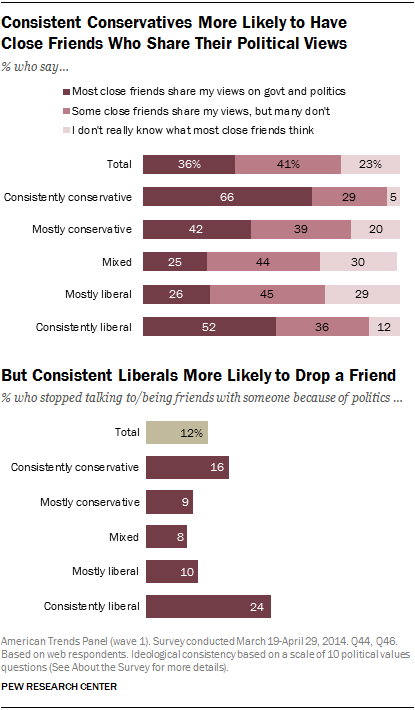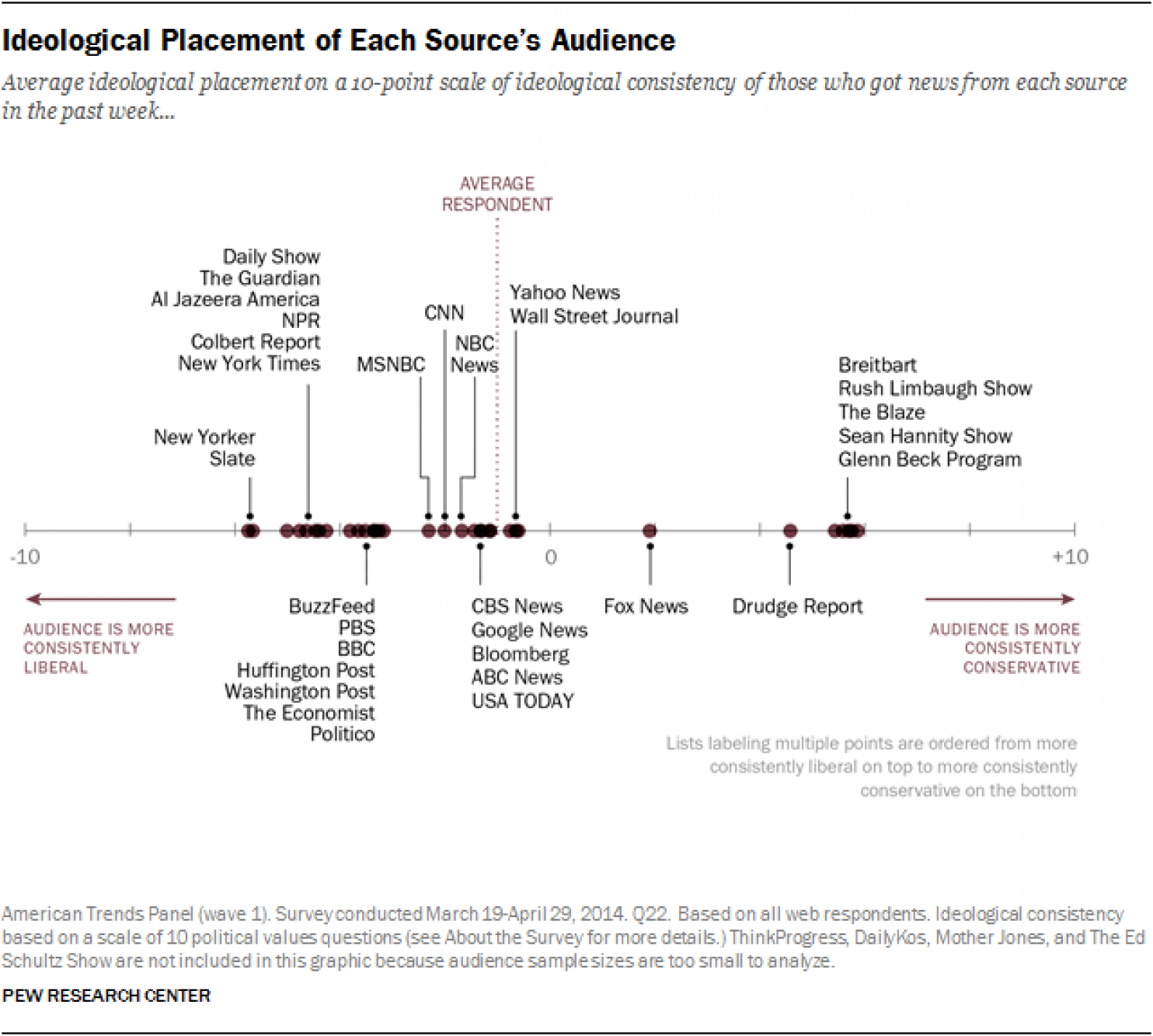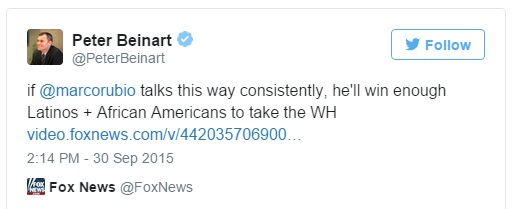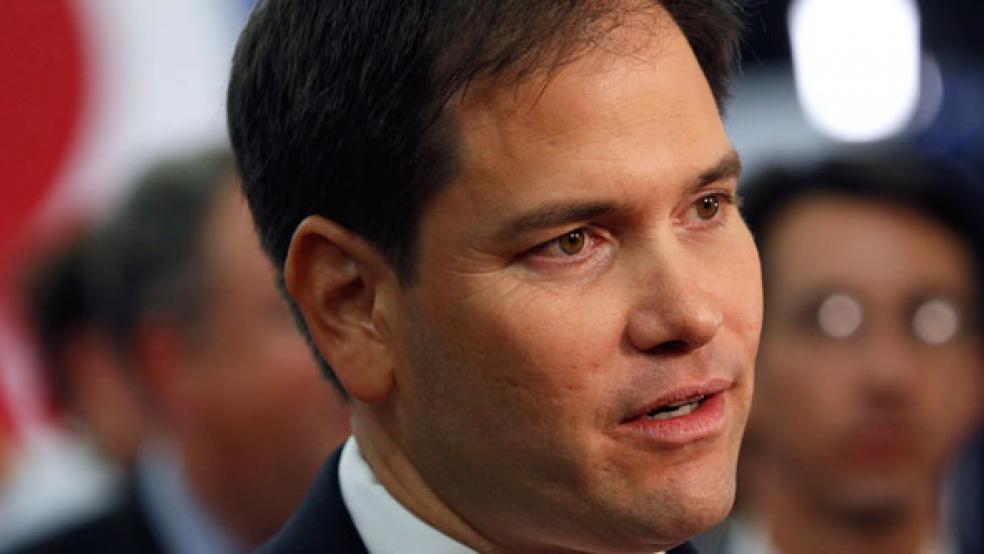There’s a kind of narrative that tends to develop about every candidate for president.
Donald Trump is a braggart willing to mercilessly criticize anyone who dares to criticize him. Ben Carson’s patrician, maybe even laconic public speaking style camouflages his controversial -- even incendiary -- ideas. Former Florida governor Jeb Bush is a well-funded and cerebral but socially awkward WASP. And Sen. Marco Rubio (R-Fla.), the boy wonder, has purchased real estate in the safest and most carefully staged campaign zip codes, biding his time for when Trump flames out.
You’ll note that beyond perhaps Trump, not one of the ideas above are ones that the candidates' respective campaigns would embrace. These are the ideas that the political press has developed and repeated in the months since each man declared his official interest in -- or candidacy for -- the White House.
With that in mind, I would like to think that the reason Rubio’s mid-August appearance on Fox News's "The Kelly File" has suddenly become the subject of lots of online posts and write-ups, more than a month and a half after it aired, is the substance of what Rubio said. Rubio was, well, not the Rubio we've come to expect. He took a somewhat bold position.
The young Florida senator moved pretty close to the edge of said safe zone when he told Fox News's heavily conservative audience that the Black Lives Matter movement really isn’t an irrational or imaginary set of concerns. The people involved are voicing real and legitimate complaints about the experience that too many people of color (like Rubio) in this country have had, he said, and America’s long-term problems with racial profiling and police misconduct are real.
Rubio also made a case for some carefully thought-out state and possibly federal policies to deal with some or all of the above. Rubio, the man who usually can't say enough about the endless opportunity of America and the potency of pulling yourself up by your bootstraps came very close to saying that there are ways in which big parts of the entire system seem rigged against some Americans.
[Check out this Washington Post investigation: Thousands Kill, Few Prosecuted]
But there's also something that the resurfacing of Rubio's Aug. 15 interview says about political reporters that should not be ignored. Rubio said all of this almost two full months ago. The simple and not at all shocking start of the explanation for that is that a lot of political reporters don't watch Fox News. But the rest of it really indicts the political press and the reporting methods on which far too many of us rely, far too often.
Reporters -- some of the world's biggest fans of social media and other forms of navel-gazing -- like to opine in public forums about the amazing ways in which social media is making the world smaller, building new connections between people and sending ideas across distance and even time, making new and amazing journalism possible. Perhaps. Sometimes.
But any reporter interested in the facts knows that most of the data on social media use and even news consumption shows that most of our online networks aren't all that different, widespread or far reaching than they are in real life. And reporters, it seems, are not an exception.

Most reporters -- particularly political reporters -- follow a lot of other journalists and writers and paid thinkers on social media. Nothing wrong with that. But most of the people they follow also share their interests, went t0 a small list of the same colleges and universities, grew up in the same slice of the country and probably live in one of a small number of neighborhoods in Brooklyn, Manhattan or Washington, D.C., right now. They shop at the same places and watch the same shows.
When that kind of sameness remains unbroken -- even in the course of work -- this starts to become a problem. When that sameness collides with the insatiable and largely commercial concern of writing that which we know will generate clicks or generate buzz, well, the problems become a disease. So they write their own hot take, saying much the same, contributing to person three's sense that they should do the same.

Doubt that? Take a close look at the dates on most of the stories about Rubio's interview. Again, this was an interview worth watching on its own merits and one that I'm quite guilty of having missed too. With the exception of Newsweek, the American Thinker and perhaps a few other outlets I haven't seen, almost all of them -- from the Daily Caller to Vox and more -- are dated Sept. 30 or Oct. 1, after the Atlantic's Peter Beinart sent out a well-circulated tweet about the interview arguing that Rubio's comments could, potentially, woo Latinos and African Americans.

And lest anyone think that this is a disease of the left and mainstream media alone, note the date on Breitbart's critical take, many other conservative blogs and, um, essays accusing Rubio of joining the Black Lives Matter movement too. Almost none of them are dated "August."
Janell Ross is a reporter for The Fix who writes about race, gender, immigration and inequality. The Fix is a blog of The Washington Post where this piece was published originally.
Read More at The Washington Post:





